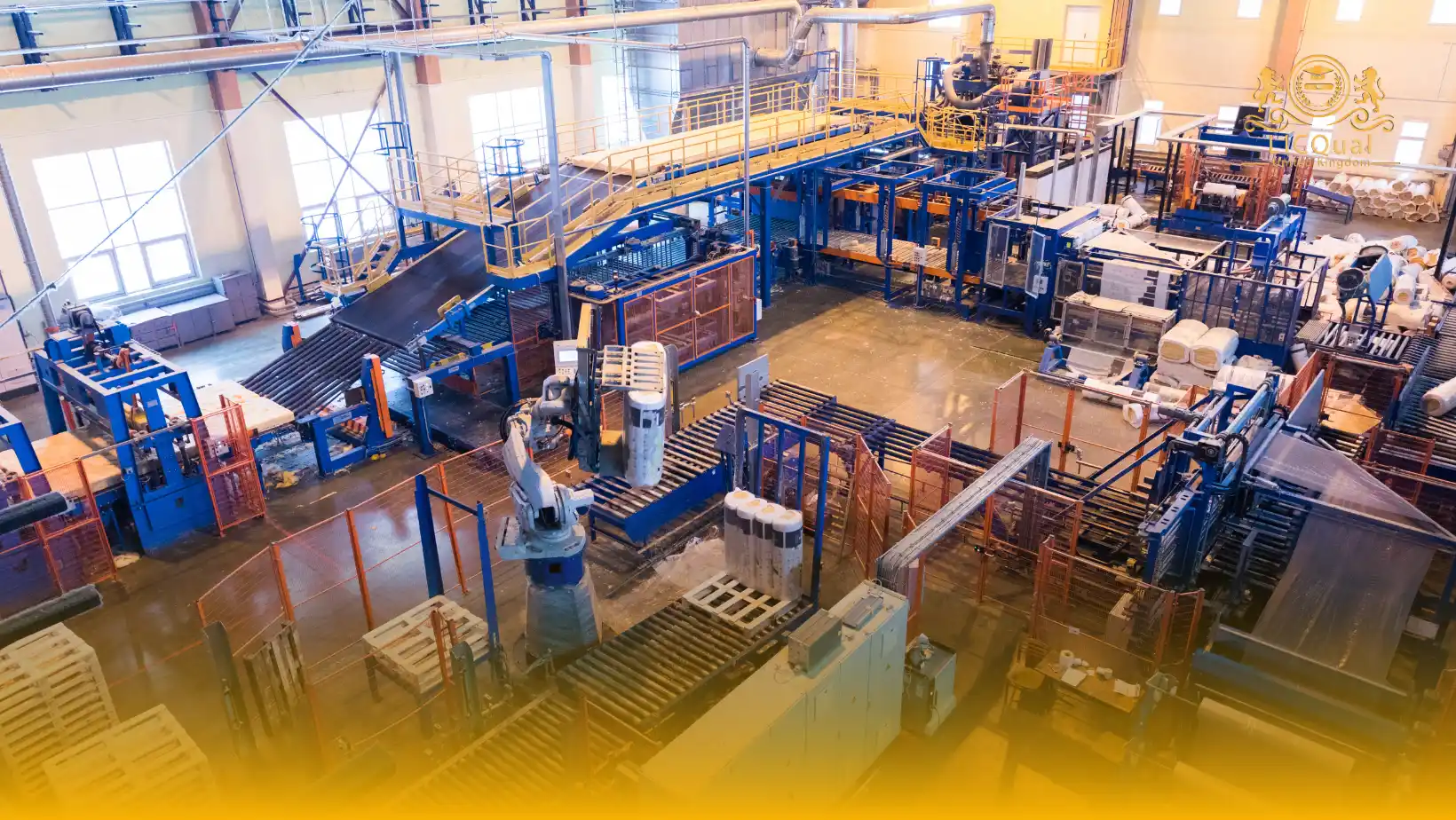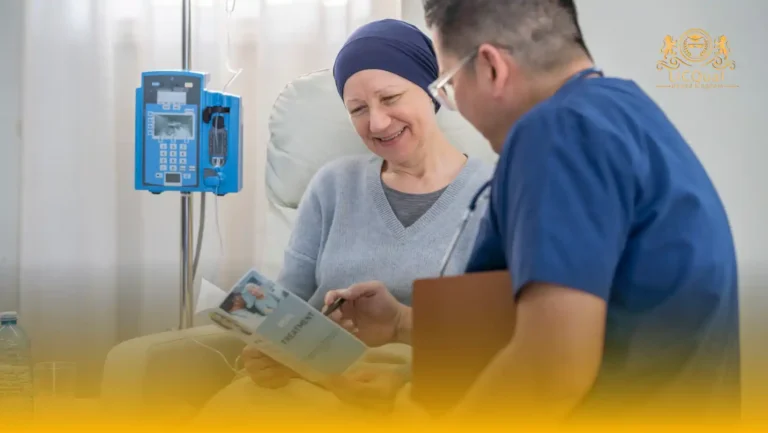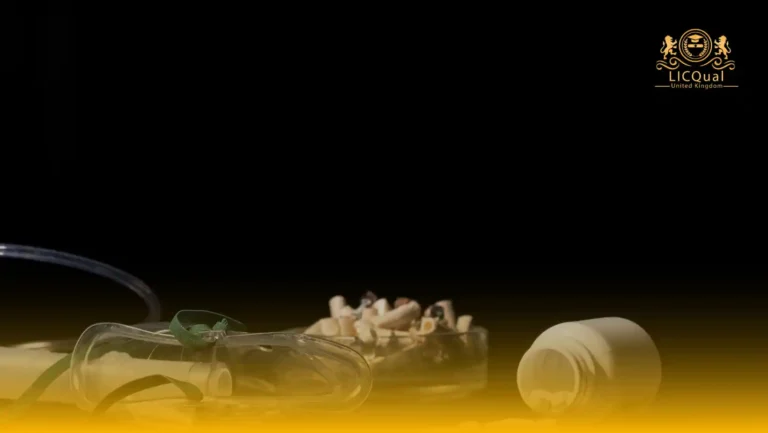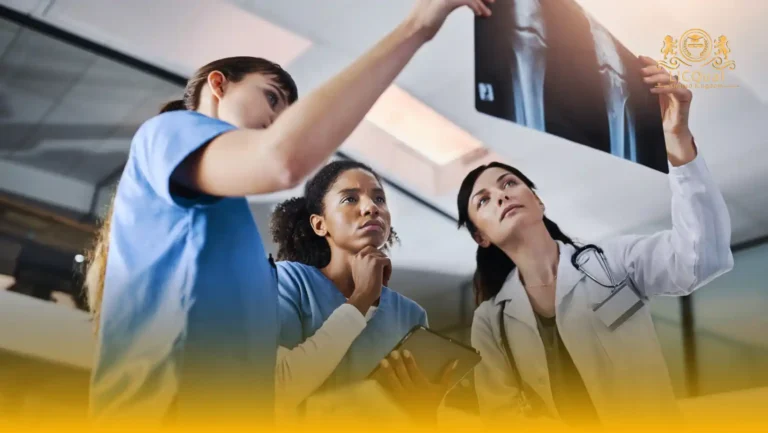The LICQual Level 2 Certificate in Future of Manufacturing Business is a forward-focused qualification designed to equip learners with the essential knowledge and practical understanding of how manufacturing is evolving in the digital age. As global industries increasingly adopt advanced technologies and sustainable practices, this course offers learners a comprehensive insight into the transformative trends shaping the future of manufacturing. It serves as a bridge between basic knowledge and higher-level industry expertise, empowering individuals to become active contributors in modern production environments.
This course explores the integration of smart technologies such as robotics, AI, IoT, and automation into manufacturing systems. It also covers important concepts like digital supply chains, sustainable resource management, and the application of lean manufacturing. The LICQual Level 2 Certificate in Future of Manufacturing Business goes beyond traditional theories to provide learners with real-world perspectives on how innovation is impacting product development, efficiency, and global competitiveness across manufacturing sectors.
Learners will benefit from a carefully structured curriculum that includes modules on supply chain logistics, manufacturing materials, process optimization, workplace safety, and communication. Through practical examples and scenario-based learning, the course strengthens problem-solving abilities and operational awareness. By understanding how digitalization and sustainability intersect in the manufacturing space, students will be better prepared for technical roles and further qualifications in manufacturing or engineering.
The LICQual Level 2 Certificate in Future of Manufacturing Business is ideal for learners with basic knowledge of manufacturing who are ready to advance their skills. Whether you’re a student, entry-level employee, or someone aiming to upskill for future roles, this course supports career progression by aligning with current industry needs. It also offers a valuable qualification for those considering supervisory roles or further academic studies in technical or industrial fields.
As the manufacturing sector transforms to meet the demands of a fast-paced, tech-driven economy, the LICQual Level 2 Certificate in Future of Manufacturing Business ensures learners remain competitive and future-ready. This internationally recognized qualification helps individuals understand key trends, master modern tools, and adopt best practices that will define the next generation of manufacturing businesses.
Course Overview
Qualification Title
LICQual Level 2 Certificate in Future of Manufacturing Business
Total Units
6
Total Credits
18
GLH
72
Qualification #
LICQ2200471
Qualification Specification
To enroll in the LICQual Level 2 Certificate in Future of Manufacturing Business applicants must meet the following criteria:
|
Qualification# |
Unit Title |
Credits |
GLH |
|---|---|---|---|
|
LICQ2200471-1 |
Process Planning and Workflow Design |
3 |
12 |
|
LICQ2200471-2 |
Inventory Control and Resource Management |
3 |
12 |
|
LICQ2200471-3 |
Application of Quality Assurance Techniques |
3 |
12 |
|
LICQ2200471-4 |
Machinery and Automation Basics |
3 |
12 |
|
LICQ2200471-5 |
Data Handling in Manufacturing |
3 |
12 |
|
LICQ2200471-6 |
Customer Requirements and Product Standards |
3 |
12 |
By the end of this course,applicants will be able to:
- Understand Process Planning and Workflow Design in Manufacturing
- Explain how efficient workflow design supports productivity and quality.
- Develop basic process plans aligned with production goals and timelines.
- Apply Inventory Control and Resource Management Principles
- Describe key methods for tracking inventory and managing raw materials.
- Understand how effective resource allocation reduces waste and downtime.
- Use Quality Assurance Techniques in Manufacturing Processes
- Identify and apply basic quality assurance tools and inspection methods.
- Explain how quality control supports compliance with product standards.
- Demonstrate Knowledge of Machinery and Automation Basics
- Recognize common manufacturing machines and automated systems.
- Understand the role of automation in improving efficiency and consistency.
- Handle and Interpret Manufacturing Data Effectively
- Collect and analyze basic production data for performance monitoring.
- Use data to identify process improvements and support decision-making.
- Understand Customer Requirements and Product Standards
- Identify how customer needs influence design, production, and quality.
- Explain the importance of adhering to product standards and specifications.
The LICQual Level 2 Certificate in Future of Manufacturing Business is designed for learners who want to expand their knowledge of Industry 4.0, digital manufacturing, and global business strategies. This internationally recognized qualification is suitable for students, professionals, and career changers who want to build stronger expertise in the future of manufacturing business while preparing for higher education or job opportunities.
1. Students Looking for Advanced Foundations
- Strengthen your understanding of manufacturing business qualification Level 2.
- Gain practical insights into smart manufacturing and supply chains.
- Build a strong academic profile with an international certificate.
- Prepare for higher-level studies in business, management, and technology.
- Learn how Industry 4.0 is shaping the future of production.
2. Entry-Level Professionals Seeking Growth
- Upgrade from beginner knowledge to Level 2 manufacturing business expertise.
- Improve employability with a recognized international qualification.
- Learn modern strategies in sustainable and digital manufacturing.
- Gain skills that employers look for in global industries.
- Enhance your CV and stand out in a competitive job market.
3. Career Changers Exploring New Opportunities
- Transition into manufacturing or supply chain careers with ease.
- Acquire a globally recognized Level 2 certificate in manufacturing business.
- Develop new skills without needing prior advanced qualifications.
- Learn online at your own pace while balancing other commitments.
- Build a solid pathway toward advanced diplomas or higher education.
4. Entrepreneurs & Business Owners
- Discover how Industry 4.0 can transform small and medium businesses.
- Learn strategies for scaling and improving manufacturing operations.
- Understand digital tools for production efficiency and growth.
- Explore sustainable approaches to remain competitive in global markets.
- Gain insights into modern business models and innovation.
5. Professionals in Related Industries
- Expand expertise in areas connected to supply chain and logistics.
- Learn how digital transformation impacts business operations.
- Gain cross-industry skills that add value to your current role.
- Strengthen problem-solving and critical thinking in modern workplaces.
- Earn a qualification that demonstrates adaptability and forward-thinking.
6. International Learners and Global Professionals
- Earn a Level 2 Certificate in Future Manufacturing Business online.
- Study flexibly from anywhere in the world with 24/7 accessibility.
- Gain skills relevant to international business and trade.
- Build qualifications that are valued across global markets.
- Progress smoothly into higher-level international diplomas.
7. Lifelong Learners & Technology Enthusiasts
- Stay ahead with knowledge of digital manufacturing and Industry 4.0.
- Gain structured learning without requiring advanced prerequisites.
- Explore how automation, AI, and sustainability shape business.
- Learn flexibly at your own pace with practical examples.
- Build a foundation for continuous personal and career growth.
Assessment and Verification
All units within this qualification are subject to internal assessment by the approved centre and external verification by LICQual. The qualification follows a criterion-referenced assessment approach, ensuring that learners meet all specified learning outcomes.
To achieve a ‘Pass’ in any unit, learners must provide valid, sufficient, and authentic evidence demonstrating their attainment of all learning outcomes and compliance with the prescribed assessment criteria. The Assessor is responsible for evaluating the evidence and determining whether the learner has successfully met the required standards.
Assessors must maintain a clear and comprehensive audit trail, documenting the basis for their assessment decisions to ensure transparency, consistency, and compliance with quality assurance requirements.







